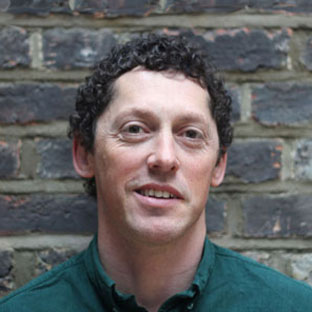Everyone has his or her own prejudice-drenched and ideology-affirming reason for why Finland appears to have such fantastic schools. Better trained, higher status teachers; a later school starting age; less time at school; ‘curriculum coherence’; an atmosphere of collaboration; no external testing or inspection; a monocultural population; dark boring winter nights with no choice but to study.
Pahsi Sahlberg did a terrific job at an event at the House of Commons last week to tie most of these strands together whilst refuting a few of them. He outlined a historical set of values and particular set of agendas and priorities that came together in the 1970s, and enabled the government to nurture and trust teacher professionalism and collaboration. His book, Finnish Lessons, is a beautifully written history and exposition of a Finnish miracle.
However, I have one more reason he didn’t mention, although it’s probably more symbolic than causal.
In the 1970s, Finland became the only country in the world to enter both the Eurovision Song Contest and its Communist bloc rival The Intervision Song Contest. In 1980, Finnish singer Marion Rung won the Intervision with Hyvasti Yo( Where is the Love?)
What might such a promiscuous attitude to song contests tell you about Finland’s approach to education?
First, Finland’s careful but precarious neutrality during the Cold War may have forced the government to adopt a different, more enlightened attitude to its people and public service professionals. Not trusting either market or state control, it had to rely on citizen control, despite being in the same, or even worse, economic mess as the rest of us.
Second, Finland’s deliberately pragmatic political ideology left itself able to borrow valuable educational ideas and practices from anywhere in the world, and adapt them to its own, well-understood context. Sahlberg acknowledged how much of Finland’s success had been inspired by the adaptation of initiatives from England and elsewhere. Picking and mixing policies from abroad carries obvious dangers, but doing this without ideology-tinted glasses gives you a greater chance of finding the right ideas, and adapting them in the right way. This pragmatism remains at the core of Finnish education. The most incredible mini-story Sahlberg told was of a group of hockey players whose school allows them to study more in the dark winter so that they can spend more time training and competing during the summer. The Finnish for ‘personalisation’ is, Google thinks, ‘mukautus’.
Finally, during a time of economic crisis and real global fears about nuclear war, Finland managed to think and act long term – its education strategies worked because it stuck to them.
Finland’s education system is far from perfect, and new challenges are emerging. Although Finland is not resting on its, er, fir branches, the next OECD PISA results might have different winners (and maybe, like the Intervision, someone should create an alternative to PISA and TIMMS). Thousands of education tourists might soon be flocking to Japan, or Poland, or Turkey (if PISA results could be disaggregated by region, they might even come to London). However, as the RSA develops our family of academies based on a set of values that foreground trust, collegiality, innovation and school-to-school support, maybe we are trying to create a piece of England that is forever Finland.

Join the discussion
Comments
Please login to post a comment or reply
Don't have an account? Click here to register.
I guess there are so many variables as to
why Finland appears to have got it right for young people. I am
interested in the autonomy/accountability dimension. England seems
to be giving more autonomy to schools but with it, more
accountability. Is there a tension here? Will we ever get to the
stage in England where there is no inspection service?
Lisa Crausby Inspector Adviser Service Children's Education